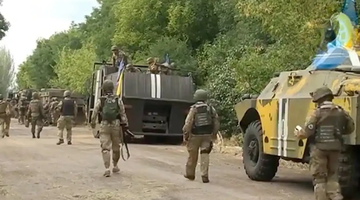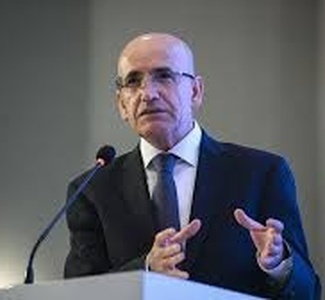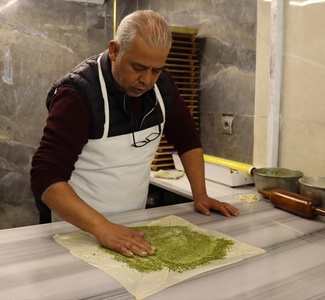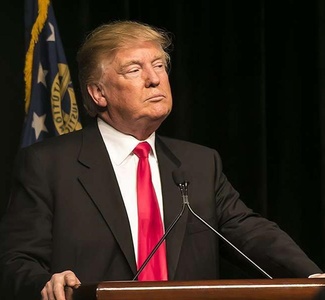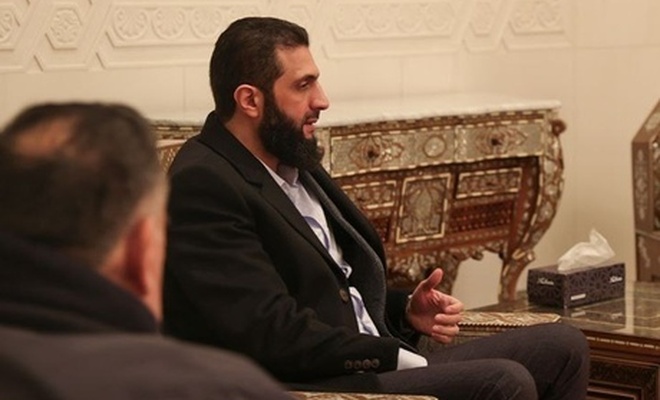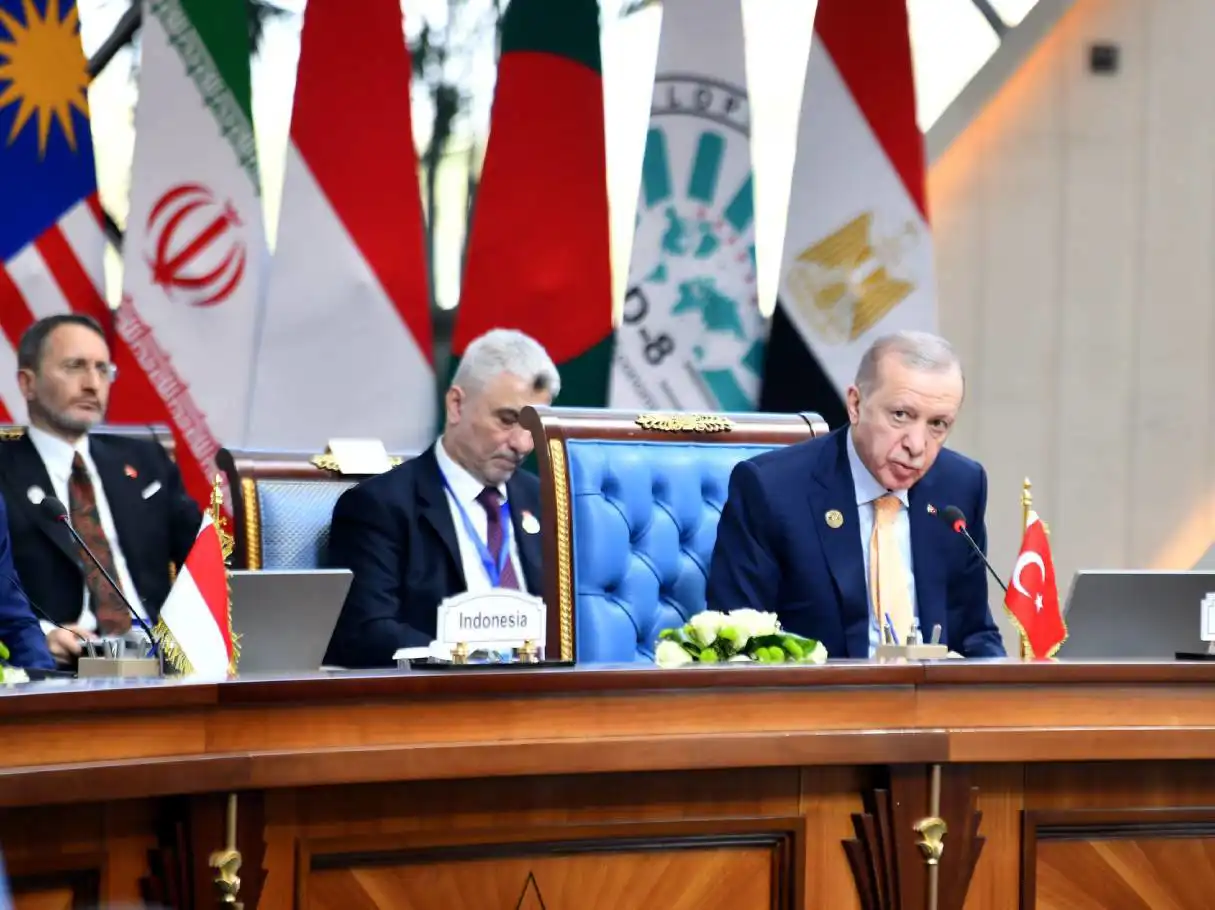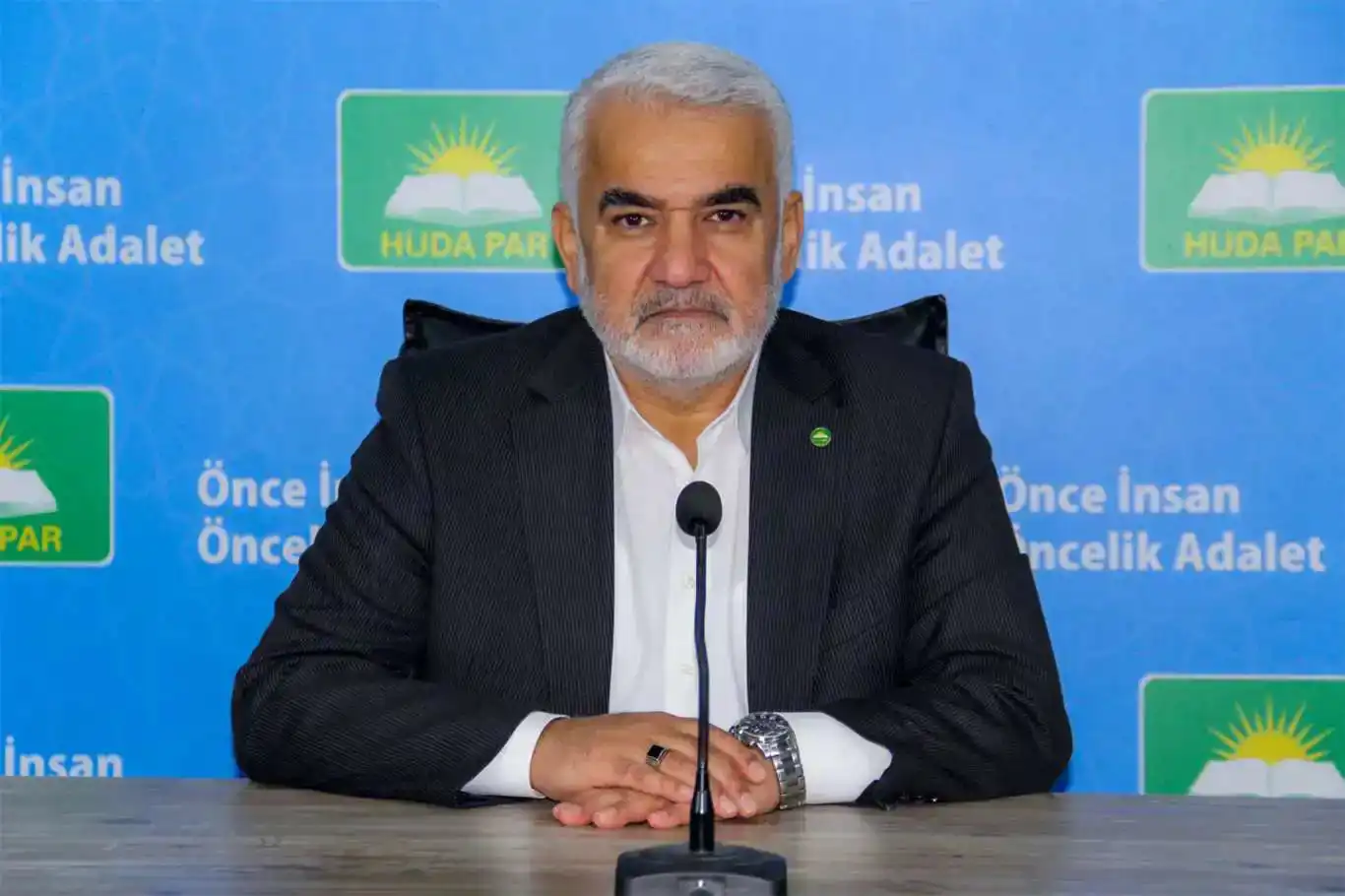Suat Yaşasın hails Taliban's achievements on 3rd anniversary of U.S. withdrawal
On the third anniversary of Afghanistan's liberation from U.S. occupation, Suat Yaşasın, Vice President of ITTIHADUL ULEMA, lauded the Taliban administration for its significant achievements in governance, diplomacy, and social stability.
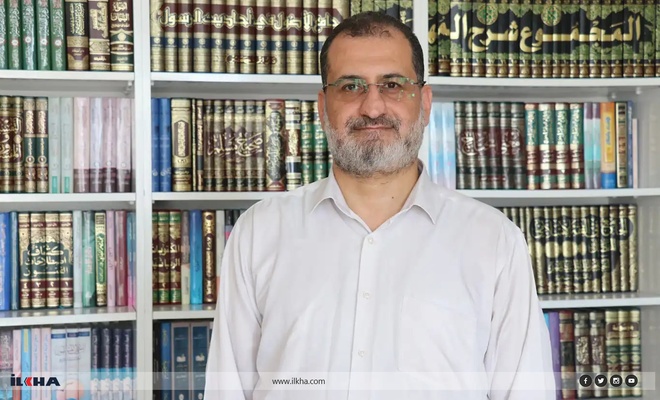
 Google News'te Doğruhaber'e abone olun.
Google News'te Doğruhaber'e abone olun. Speaking to Ilke News Agency (ILKHA), Yaşasın detailed the strides made by the Taliban since their takeover in 2021, highlighting their resilience in the face of international pressure and skepticism.
A Resilient Administration Defies Expectations
Yaşasın emphasized that the Taliban's ability to maintain control over Afghanistan, despite widespread doubts about their longevity, is nothing short of remarkable. "Three years ago, when the Taliban took control, many believed they wouldn't last more than three months," he stated. "The U.S. and NATO left behind 300,000 trained soldiers, thinking that the Taliban would falter quickly. They underestimated the Afghan people's resolve."
He continued, "Today, the Taliban have not only maintained their grip on power but have also ensured security across the entire country. For the first time in Afghanistan's history, the entire nation is under the control of a single government. This is a very important achievement."
Yaşasın noted the Taliban's success in restoring order and reducing drug use, which he described as a significant victory for the administration. "Drug use has dropped to zero," he said, emphasizing the administration's focus on social stability and public health.
Diplomatic Success Amidst Isolation
Despite the lack of formal recognition from many countries, Yaşasın highlighted the Taliban's diplomatic achievements, which he described as "tremendous." "While many countries, fearing U.S. retaliation, have not officially recognized the Taliban, several nations have de facto accepted their representatives," he explained. "China, Russia, Iran, Malaysia, and Qatar, among others, have engaged with Taliban envoys as if they were official diplomats."
Yaşasın provided specific examples, noting: "The deputy of Zabihullah Mujahid, the official spokesperson of the Taliban, is now in China as Afghanistan's ambassador. Mohammad Naim, who served as the spokesperson for years, is in Qatar with the official title of ambassador. These are significant diplomatic victories that demonstrate the Taliban's ability to navigate complex international relations."
The Importance of Diplomacy in the Muslim World
Drawing lessons from the Taliban's experience, Yaşasın emphasized the critical role of diplomacy in the broader Muslim world. "The Taliban's success is not just in their military efforts; their diplomatic acumen is equally important," he said. "If Muslims continue the jihad with the belief that it preserves their honor and rely on Allah, and if they replicate their successes at the diplomatic table, they can achieve tremendous victories."
He pointed to the Taliban's unwavering stance during ceasefire negotiations with the U.S. as a model of steadfastness. "During the negotiations, the Taliban never compromised on their principles," Yaşasın said. "This is similar to the Islamic Resistance in Palestine, which has continued its struggle without compromising its core values. These movements show that with faith and determination, great things can be achieved."
Economic Success and Social Stability
Yaşasın also praised the Taliban's economic policies, which he said have led to remarkable stability in a short period. "In economic terms, the Taliban have achieved what many thought was impossible," he stated. "They have curbed corruption, controlled customs, and managed the economy so effectively that inflation has not only stabilized but is among the lowest in the world."
He highlighted the Taliban's efforts to maintain the value of the Afghan currency against the dollar as a sign of their effective economic management. "The Afghan currency appreciated so much that the Taliban had to intervene to prevent the dollar from losing too much value," he explained. "This was done to ensure that foreign investments were not disrupted, showing their keen understanding of economic dynamics."
A Model for Future Governance
Yaşasın also suggested that the Taliban's governance model could serve as an example for other Muslim countries. "The success shown in jihad must also be reflected in diplomacy," he asserted. "If Muslims can combine these two elements effectively, we will see the emergence of governments that can set an example for the entire world."
He concluded with a hopeful message for the future: "Afghanistan's journey over the past three years is a lesson for all Muslims. With unity, faith, and strategic thinking, even the most formidable challenges can be overcome. Inshallah, this will inspire similar successes in other parts of the Muslim world, including Palestine, where the struggle for justice and self-determination continues." (ILKHA)





























